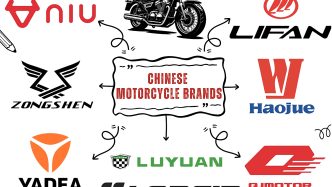The global market research industry is worth almost $100 billion. It is growing fast because companies now have access to massive amounts of consumer data, better analytics tools, and a stronger need to make decisions based on solid evidence. [1]
From multinational corporations to fast-growing startups, organizations worldwide rely on research companies to decode shifting consumer behaviors, evaluate markets, and uncover new growth opportunities in a rapidly evolving world.
Over the past decade, the market research sector has undergone a dramatic transformation. Traditional survey-based research (which once made up about 70% of the industry) now accounts for less than 45%. The remaining share has moved toward digital analytics, AI-driven insights, neuroscience tools, passive tracking, and behavioral data.
Meanwhile, advanced analytics and big data solutions now contribute over 30% of the industry’s total revenue, reflecting the growing demand for predictive insights rather than purely descriptive findings.
This article showcases the top market research companies, which define industry standards, lead technological innovation, manage massive global datasets, and consistently deliver high-quality insights to the world’s most influential brands.
Did you know?In the US, jobs for market research analysts are projected to grow 7% (much faster than average). The industry’s revenue has also grown steadily at a CAGR of 3.8% over the past five years, reaching an estimated $36.4 billion in 2025. [2][3]
Table of Contents
16. Savanta
Founded in 2003Headquarters: London, UK
Employees: 500+
Competitive Edge: Strength in B2B & hard-to-reach audiences
Savanta is one of the fastest-growing market research and data intelligence firms, operating across the UK, North America, Europe, and Asia-Pacific.
Many research agencies excel in fieldwork; many boutique consultancies deliver strategy. Savanta claims to fuse all three: “fieldwork + data/technology + strategic insight.”
A defining feature of Savanta is its modernized research infrastructure, built on automation, digital data collection, programmatic sampling, and modular insight solutions. This allows the firm to deliver high-quality research faster and more efficiently than many traditional agencies.
The firm manages a substantial panel of millions of consumers and B2B respondents globally, allowing for rapid surveys, targeted sampling, and deep profiling.
It provides proprietary products and modules, such as BrandVue, MarketVue, MillionaireVue, and Essentials, which are modular research-products or dashboards that clients subscribe to for continuous insight.
15. Mintel Group
Founded in 1972Headquarters: London, UK
Employees: ~1,300
Competitive Edge: Unmatched product launch Intelligence
Mintel is recognized for its deep analysis of consumer behavior, innovation landscapes, and category-level market data. It provides premium-quality market reports, expert analysis, and real-time product tracking.
Mintel’s core strength lies in its comprehensive databases that track tens of thousands of consumer products, formulations, claims, ingredients, packaging types, and pricing across global markets. These datasets cover categories such as food & beverage, personal care, household goods, retail, financial services, consumer technology, and lifestyle trends.
More specifically, the company tracks about 40,000 product launches each month across 86 economies, spanning more than 270 sub-categories. It engages more than 1 million customers across four continents in its proprietary research.
Their Consumer Reports combine qualitative insights, survey data, market sizing, and analyst commentary to explain how consumers think, shop, behave, and evolve. These insights are constantly updated through primary research panels, consumer diaries, and proprietary survey systems.
14. Euromonitor International
Founded in 1972Headquarters: London, UK
Employees: ~2,o00
Competitive Edge: Proprietary data platform called Passport
Euromonitor International delivers highly standardized, globally comparable datasets that help enterprises understand consumer markets, forecast industry performance, evaluate global trends, and make informed strategic decisions.
At the heart of Euromonitor’s competitive strength is Passport, its flagship market intelligence platform. Passport houses millions of comparable datapoints across consumer markets, industries, demographics, economies, pricing, distribution channels, and emerging trends.
Having operated for over 50 years, Euromonitor has built credibility in global market intelligence. It serves more than 5,700 clients in 110 countries. In fact, 92% of their turnover comes from outside the UK, which highlights their global reach.
In 2025, Euromonitor’s Economies & Consumers team was recognised as one of the top forecasters at the FocusEconomics 2025 Analyst Forecast Awards (eighth year in a row).
13. Frost & Sullivan
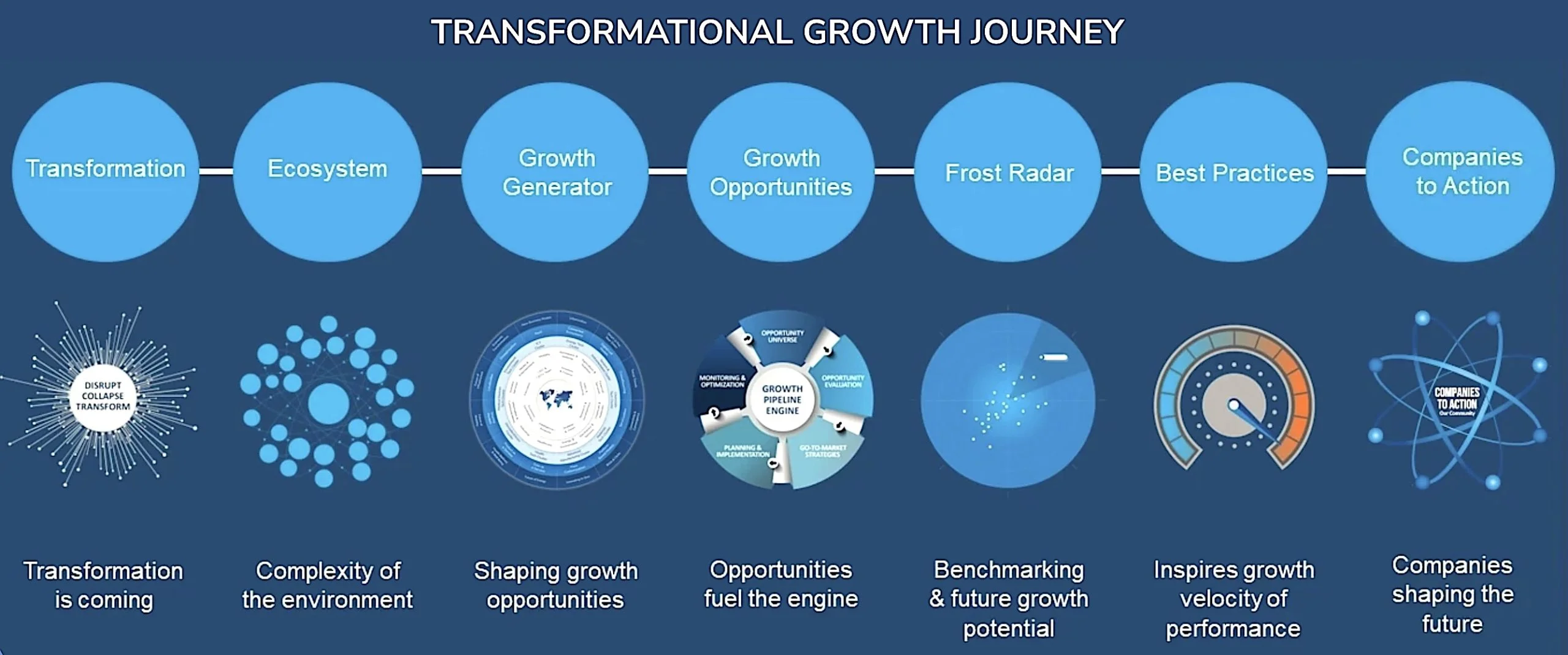
Headquarters: California, US
Employees: ~1,200
Competitive Edge: Proprietary frameworks and growth-journey branding
Frost & Sullivan specializes in growth strategy, industry analysis, innovation benchmarking, and transformation services. It produces hundreds of detailed industry research reports every year, covering market size, forecasts, competitive dynamics, regulatory shifts, and strategic recommendations.
Frost & Sullivan calls itself “The Growth Pipeline Company” because it doesn’t just analyze market trends, but also helps clients find real growth opportunities, evaluate them, and turn them into action.
The firm has a team of more than 1,000 experts who cover virtually every major industry, from aerospace and defence to manufacturing, retail, and e-commerce.
Frost & Sullivan also emphasises megatrends, emerging business models, disruptive technologies, and the growth opportunities therein. Clients seeking to navigate disruption will value that orientation.
12. Wood Mackenzie
Founded in 1923Headquarters: Scotland, United Kingdom
Employees: ~2,500
Competitive Edge: Strong relationships with global energy companies
Wood Mackenzie is an authoritative research, analytics, and consulting firm focused on energy, natural resources, power & renewables, and commodities markets.
Its extensive datasets include more than 400 million transactions, $8.5 trillion in industry spending, over 5,000 completed benchmark analyses, and 120,000 bid events.
The firm’s proprietary valuation and forecasting models simulate long-term production, costs, risks, and macroeconomic scenarios, making WoodMac a trusted authority for major IOC/NOC oil companies, renewable developers, investment banks, and governments.
Wood Mackenzie’s main differentiator is its asset-level economic modeling, which calculates production curves, lifecycle costs, CAPEX/OPEX structures, breakevens, emissions intensity, and profitability for thousands of energy and mining assets.
In recent years, the firm has expanded its footprint in low-carbon technologies and renewables, becoming a major intelligence provider for solar, wind, hydrogen, storage, EV batteries, and power markets. [4]
11. S&P Global Market Intelligence
Founded in 1998Headquarters: New York, US
Employees: ~10,000
Competitive Edge: Strong brand, trust, and embeddedness
S&P Global Market Intelligence (SPGMI) is the backbone for global financial institutions, corporations, governments, and investment professionals. As a division of S&P Global, it plays a critical role in powering decision-making across financial markets, risk management, and regulatory compliance.
It tracks data of more than 58 million private companies worldwide, enabling deal sourcing, credit assessments, supply-chain risk monitoring, and private-market benchmarking.
A major differentiator is SPGMI’s integration of quantitative datasets with forward-looking analytics and proprietary scoring systems. Tools like Credit Model, ESG scoring, Capital IQ Pro dashboards, and economic forecasting engines enable professionals to evaluate companies far beyond traditional financial metrics.
Whether it’s stress-testing bank portfolios, valuing acquisition targets, conducting risk modeling, or analyzing global market trends, SPGMI provides the detailed analytic infrastructure that underpins modern decision-making in finance and corporate strategy.
Plus, it integrates structured financial data, unstructured content (filings, transcripts, industry reports), and geospatial datasets into a single ecosystem powered by automation and machine learning.
SPGMI is also deeply recognized in the industry. It has earned awards like “Best Buy-Side CRM Platform” and “Innovation in Asset Servicing” in 2025. Such recognition underscores the shift of SPGMI from “just data” to “insights + technology + AI”. [5][6]
10. Circana
Founded in 1966Headquarters: Illinois, US
Employees: ~7,000
Competitive Edge: Strong data + technology platform orientation
Circana is a relatively new brand in the market research space, but it is the result of the merger and rebranding of well-known legacy firms: IRI (Information Resources) and The NPD Group.
The company’s unique strength lies in its ability to integrate consumption, purchasing, loyalty, online retail, and point-of-sale data across multiple industries.
Prior to the merger, IRI dominated retail analytics in packaged goods, tracking consumer spending across supermarkets, mass retailers, and convenience stores. NPD, meanwhile, specialized in entertainment, technology, fashion, small appliances, and foodservice.
Combined, Circana now tracks over $5.8 trillion in global consumer spending, giving it a comprehensive view of both everyday products and discretionary categories — something almost no other research firm can match. It monitors over 500,000 stores and covers categories.
Circana’s technology platform processes tens of billions of transactions each year, helping brands understand consumption trends, basket composition, shopper behavior, and price sensitivity.
With its “Liquid Data” platform, Circana goes beyond basic tracking to deliver advanced analytics, visualizations, and AI/ML-driven insights. Its offerings include store audits, image recognition, shelf execution, and tools that connect purchase behavior with consumer attitudes (capabilities that many traditional research firms lack).
9. YouGov
Founded in 2000Headquarters: London, UK
Employees: ~4,000
Competitive Edge: Large & most engaged online panels, Always-on brand tracking
YouGov is known for its real-time public opinion polling, consumer tracking, and highly engaged global respondent community. The firm operates across 40+ markets, with over 32 million panel members who participate in surveys daily.
A unique strength of YouGov is the richness and breadth of its proprietary data. Their panel contributes millions of data points every week, creating massive connected datasets of consumer opinions, behaviors, purchase intent, media consumption, and brand perception.
This interconnected data ecosystem, known as YouGov Cube, links historical responses from millions of respondents, creating a multidimensional view of consumer behavior that few research companies can match. The Cube powers insights across hundreds of industries, from media and entertainment to retail, technology, finance, and healthcare.
YouGov is prominent in political polling, where it has built a strong reputation for transparency, accuracy, and methodological rigor. Its election forecasts, approval ratings, sentiment trackers, and political pulse surveys are closely followed by governments, policymakers, and journalists.
Besides politics, YouGov also leads in brand intelligence through rankings such as YouGov BrandIndex and YouGov Profiles, which track perceptions of thousands of global brands across dozens of metrics.
Financially, YouGov is a strong performer. In FY 2025, it generated £388.9 million in revenue, representing 16% growth Year-on-Year. [7]
8. Dynata
Founded in 1977Headquarters: Connecticut, US
Employees: ~5,000
Competitive Edge: High data quality & identity verification
Dynata is one of the world’s largest providers of first-party data for market research, insights, and analytics. The company has over 70 million global panelists, conducts more than 125 million surveys each year, and maintains a 96% acceptance rate for survey results through its quality system. [8]
It offers niche panels comprising IT decision-makers, financial professionals, healthcare workers, and small business owners. These panels have higher recruitment barriers, giving Dynata a competitive edge.
Over the years, Dynata has expanded beyond basic sample provision into end-to-end research solutions. This includes automated survey platforms, audience targeting tools, advertising measurement, brand lift studies, and data enrichment services.
In fact, they have built an integrated technology stack that allows clients to design surveys, target specific audiences, collect high-quality data, and analyze findings within a unified workflow.
7. Westat
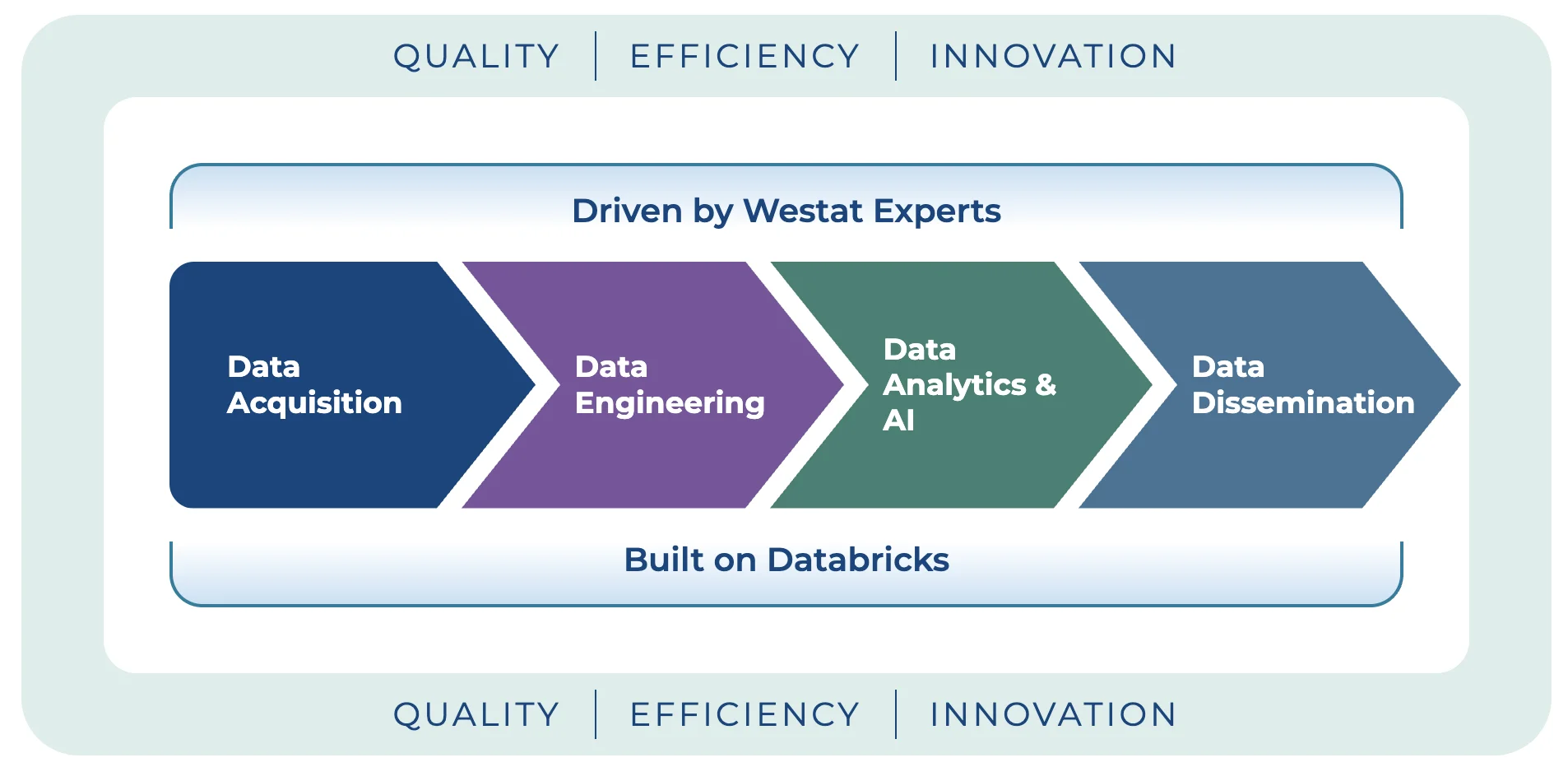
Headquarters: Maryland, US
Employees: ~3,500
Competitive Edge: Large-scale field data collection infrastructure
Westat is one of the world’s most respected and methodologically rigorous research firms, known for its expertise in social science research, government studies, education research, health policy evaluation, and public sector analytics.
Unlike commercial market research firms that focus heavily on consumer and brand insights, Westat is deeply rooted in public policy research, population surveys, health outcomes studies, and large-scale national statistics programs that shape government decisions and societal understanding.
They conduct multi-year, multi-phase research programs involving sampling, instrument design, field operations, advanced statistics, and policy analysis.
Westat has developed an advanced analytics platform, “WesLytics” (which combines Databricks AI/cloud and its own subject-matter expertise) to manage large, complex datasets and deliver advanced solutions.
The company works closely with several US federal agencies, international development organizations, and universities. In 2025, it was included in Forbes’ “America’s Best-in-State Employers” list for Maryland, based on employee feedback gathered from more than 1,400 employers nationwide. [9]
6. Gartner
Founded in 1979Headquarters: Connecticut, US
Employees: ~21,000
Competitive Edge: High Intellectual Property (IP) moat
Gartner is a multi-billion-dollar company with 21,000 associates in 85 offices globally. They have built one of the world’s largest repositories of technology, business, and industry data over the past decades.
The firm’s reputation comes from its strong ability to evaluate technologies, forecast industry trends, compare vendors, and support executive-level decision-making across major sectors. It provides crucial insights to CIOs, CEOs, CMOs, digital leaders, and business strategists.
It has proprietary research models, especially the Magic Quadrant, Hype Cycle, Critical Capabilities, and Market Forecast analyses. These frameworks are among the most referenced decision tools in the global technology ecosystem.
Gartner serves more than 15,000 client organizations across 100+ countries. These clients include a majority of the Fortune Global 500 and range across various industries and enterprise sizes.
In FY 2025, the company generated $6.46 billion in revenue and $4.4 billion in gross profit, reflecting a 5.8% year-over-year increase. Its net income for the year was $886 million. [10]
5. Forrester Research
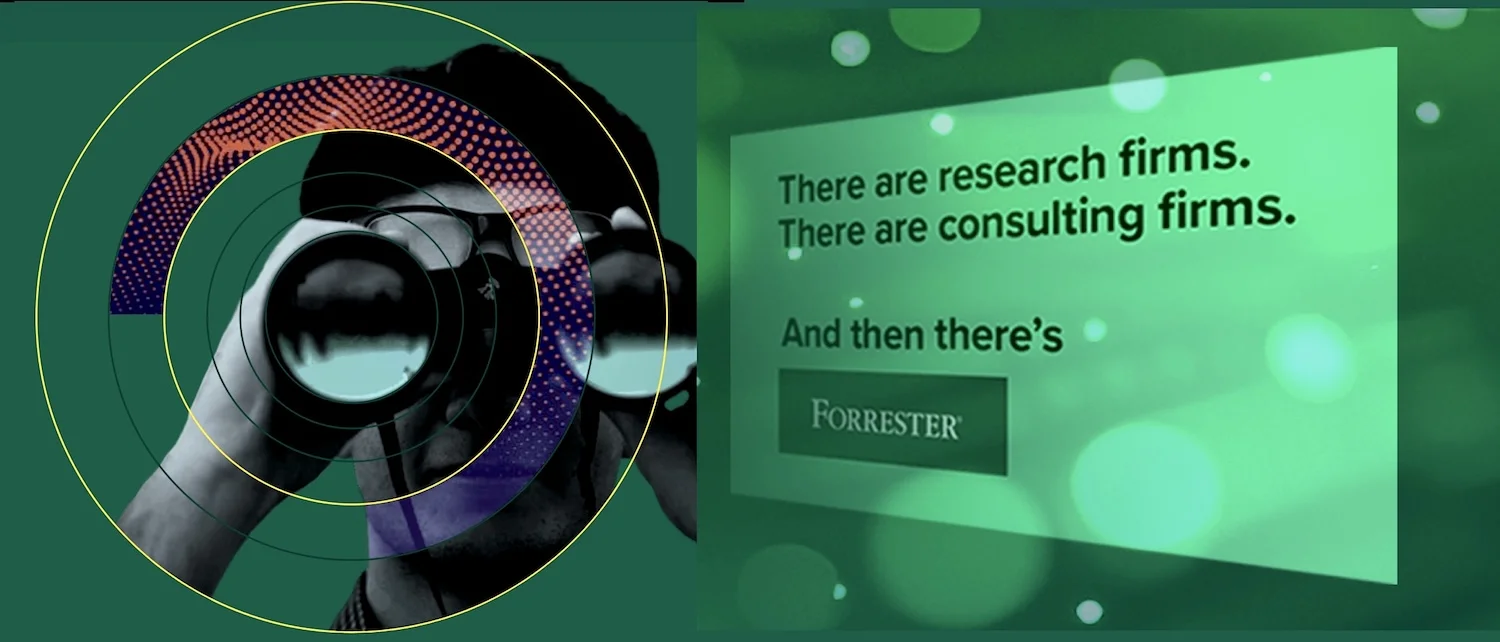
Headquarters: Massachusetts, US
Employees: ~1,700
Competitive Edge: Industry-leading frameworks like Forrester Wave
Forrester Research is one of the world’s most influential research and advisory firms focused on technology, customer experience, and emerging business trends.
The firm has developed its own research models, such as the Forrester Wave, Total Economic Impact (TEI), Customer Experience (CX Index), and Future Fit frameworks. These frameworks are backed by thousands of annual surveys, in-depth interviews, market models, and rigorous vendor assessments.
They are widely used by global organizations for vendor evaluations, ROI justification, customer experience diagnostics, and strategic planning.
In recent years, Forrester has sought to transition from a pure research-report business to a more holistic model combining research, consulting/advisory, and a subscription platform (“Forrester Decisions”).
In 2024, the firm generated $432.5 million in revenue, compared to $480.8 million in 2023. Its total contract value for the year was $307.6 million. [11]
4. IQVIA
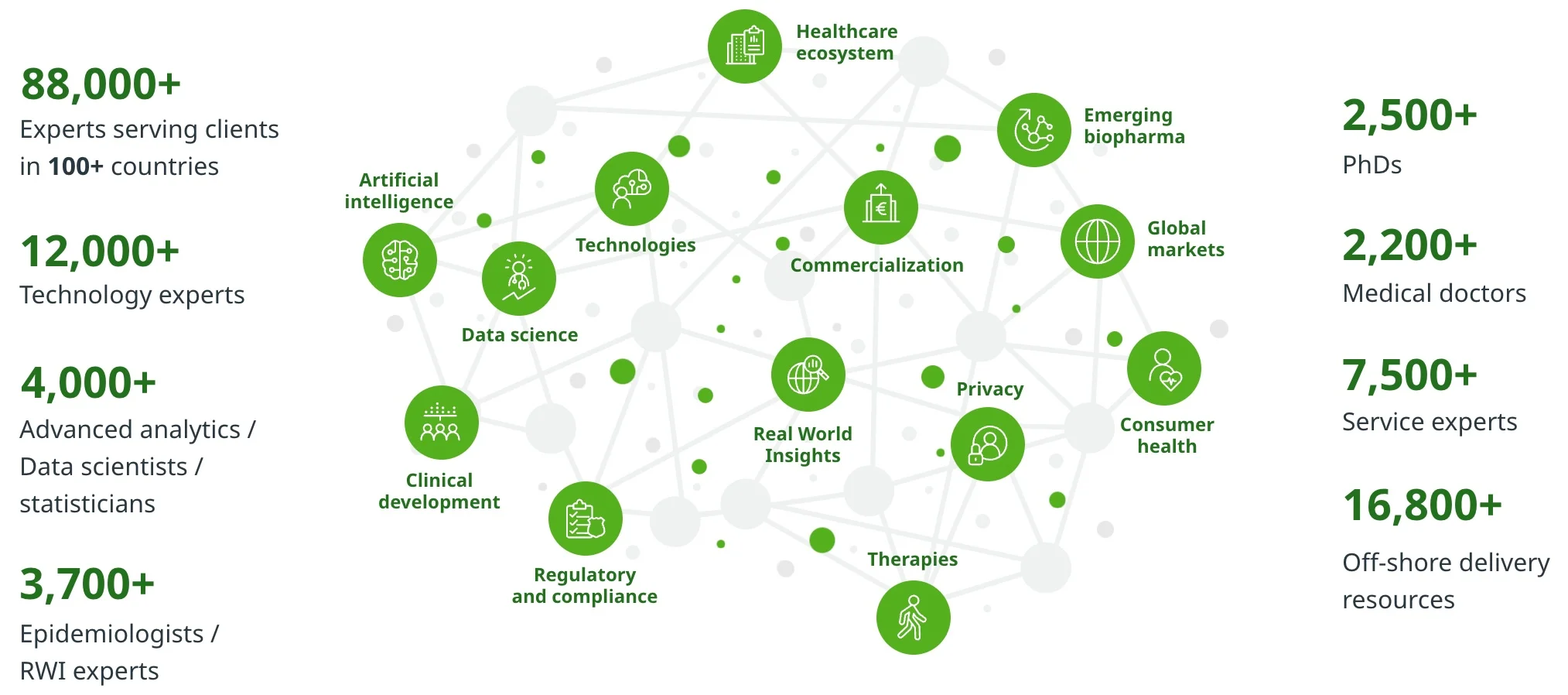
Headquarters: North Carolina, USA
Employees: ~86,000
Competitive Edge: Deep relationships with pharma, biotech & healthcare systems
IQVIA operates at the intersection of healthcare analytics, clinical research, and advanced intelligence. It is often described as the “Google of healthcare data” because of the scale, diversity, and precision of the information it collects and analyzes.
The firm manages one of the world’s largest collections of healthcare data, covering over 1.2 billion patient anonymized medical records, prescription trends, treatment pathways, and clinical outcomes. This makes it a central engine driving decision-making in the pharmaceutical, biotech, and medical technology industries.
IQVIA’s technology footprint is equally massive. Its IQVIA CORE platform integrates real-world data, advanced analytics, cloud infrastructure, and AI-driven decision systems, allowing clients to simulate disease progression, evaluate treatment effectiveness, forecast demand, and optimize commercial strategy.
It is also a leader in real-world evidence (RWE) generation, building high-value datasets that help regulatory agencies, insurers, and health systems evaluate the long-term impact of drugs and therapies.
In 2024, IQVIA generated $15.4 billion in revenue, up about 2.8% from the previous year. It also reported a large global backlog of contracted work (about $31.1 billion R&D Solutions backlog at the end of 2024), which reflects a strong pipeline and recurring revenue potential. [12]
3. Ipsos Group

Headquarters: Paris, France
Employees: ~20,000
Competitive Edge: Large, high-quality international panels
Ipsos Group is a global leader in public opinion polling, social research, media measurement, and custom insights. It operates in around 90 markets, services 5,000+ clients, and holds access to more than 6 million authenticated proprietary panelists.
The company delivers deep insights across sectors like FMCG, automotive, healthcare, financial services, retail, media, and technology. Their expertise spans brand tracking, creative testing, customer experience management, shopper behavior, and product innovation research.
Over the years, the firm has developed and refined sophisticated models for segmentation, demand forecasting, brand equity, and communications testing.
It has also invested in big data analytics, machine learning, and passive behavioral measurement. Its advanced analytics divisions integrate structured survey data with digital, social, geolocation, and transactional sources to deliver holistic, predictive insights.
In 2024, Ipsos reported total revenue of €2.44 billion and a gross profit of €1.67 billion.
In 2025, the company acquired The BVA Family in France, the UK, and Italy, strengthening its capabilities in packaging testing, mystery shopping, and customer experience. Other key acquisitions include InMoment’s Healthcare division in Germany and Ipec in Brazil, which enhanced Ipsos’ expertise in healthcare and public affairs, respectively. [13][14]
2. Kantar Group
Founded in 1992Headquarters: London, UK
Employees: ~20,000
Competitive Edge: Massive Brand equity and consumer databases
Kantar Group is one of the world’s largest and most diversified market research, data, and insights companies. It has developed some of the industry’s most recognized tools for brand equity, advertising effectiveness, innovation testing, and consumer sentiment tracking.
Their “BrandZ” database is one of the largest brand equity measurement systems in the world, built from 100 million respondents and 2 billion data profiles. They also offer industry-leading tools such as Link for creative testing and NeedScope for market segmentation.
These tools allow clients to compare their brands to thousands of others using standardized, validated metrics that have been developed and refined over decades.
In recent years, the firm has heavily invested in building a modern, integrated insights technology stack. It is now pushing automation, AI-driven analytics, and predictive modeling across its platform, significantly reducing turnaround times and improving decision speed for clients.
1. NielsenIQ
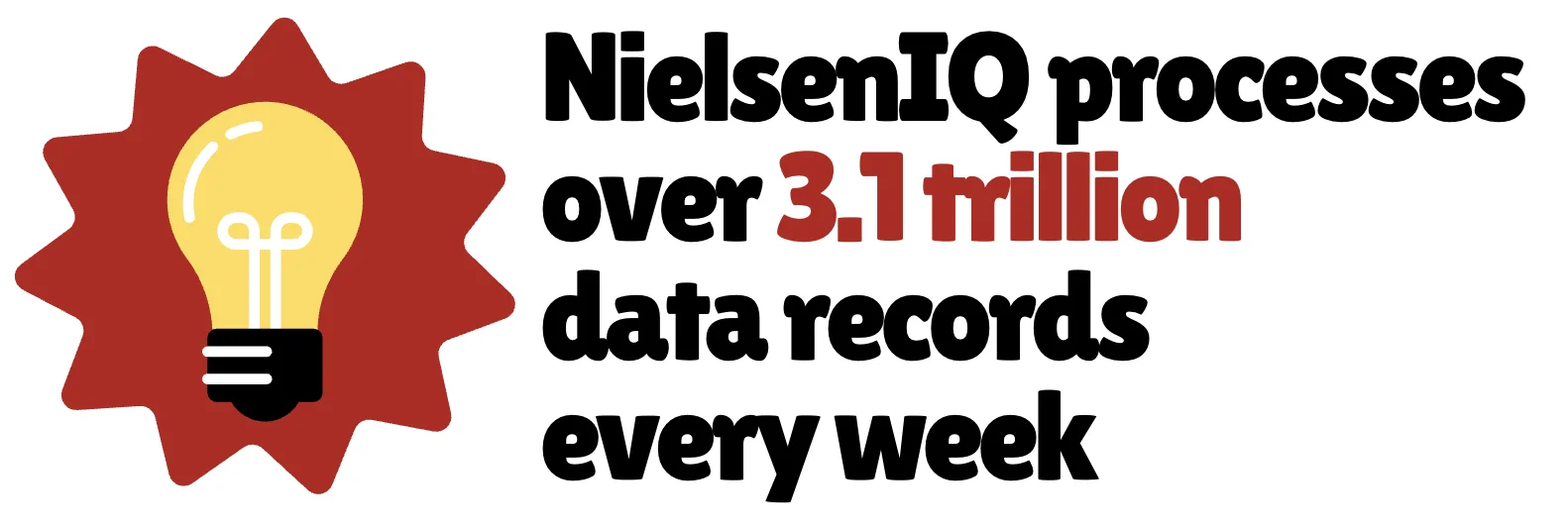
Headquarters: Illinois, US
Employees: ~28,000
Competitive Edge: World’s largest FMCG retail measurement network
NielsenIQ is the backbone of global consumer packaged goods (CPG) intelligence. For decades, it has been the definitive measurement authority for retail sales data, consumer behavior tracking, and market performance analytics.
One of its most significant strengths is its ability to measure actual consumer behavior rather than intention-based data. Through point-of-sale (POS) integrations, store audits, loyalty card programs, household panels, and digital commerce tracking, the company offers a 360-degree view of consumer buying habits across offline and online channels.
Its retail measurement services cover over 80% of FMCG purchases in many markets, giving it unparalleled precision compared to smaller research competitors. This enormous scale creates a defensible data advantage that is extremely difficult for other market research companies to replicate.
NielsenIQ covers 90+ countries, measuring $7.2 trillion of global consumer spending. It tracks 177 million products across more than 21 million stores and processes 3.1 trillion data records every week.
Over 23,000 retailers and manufacturers rely on NIQ for insights. In FY 2025, the company’s annual revenue exceeded $4 billion. [15]
Read More
- 13 Best Market Research Tools You Must Use
- 8 Different Types Of Research [With Examples]
- 18 Best Science And Technology Research Labs In The World
- Industry Report, Market research service global market trend analysis, BusinessResearchCompany
- Quick Facts, Market research analysts’ job outlook, US Bureau of Labor Statistics
- Industry Report, Market research in the US trend analysis, IBIS World
- News, Renewables & nascent low-carbon techs most exposed to high interest rates, WoodMac
- Recent Industry Awards, We are consistently recognized for first-class corporate actions, S&P Global
- Market Intelligence, AI is how we help you accelerate insight, S&P Global
- Investors, The world’s leading provider of marketing and opinion data, YouGov
- Researcher, Delivering superior data quality across every dimension, Dynata
- Awards & Honors, Westat was named the best-in-state employer by Forbes, Westat
- Company Highlights, Gartner’s revenue throughout the years, Macrotrends
- Newsroom, Forrester Research reports Q4 and full year 2024 financial results, Forrester
- Investor Relations, IQVIA reports Q4 and full year 2024 results, IQVIA
- News Hub, Ipsos completes the acquisition of The BVA Family, Ipsos
- News Hub, Ipsos strengthens its expertise in Germany, Ipsos
- Quarterly results, Latest quarter earnings and future expectations, NIQ

